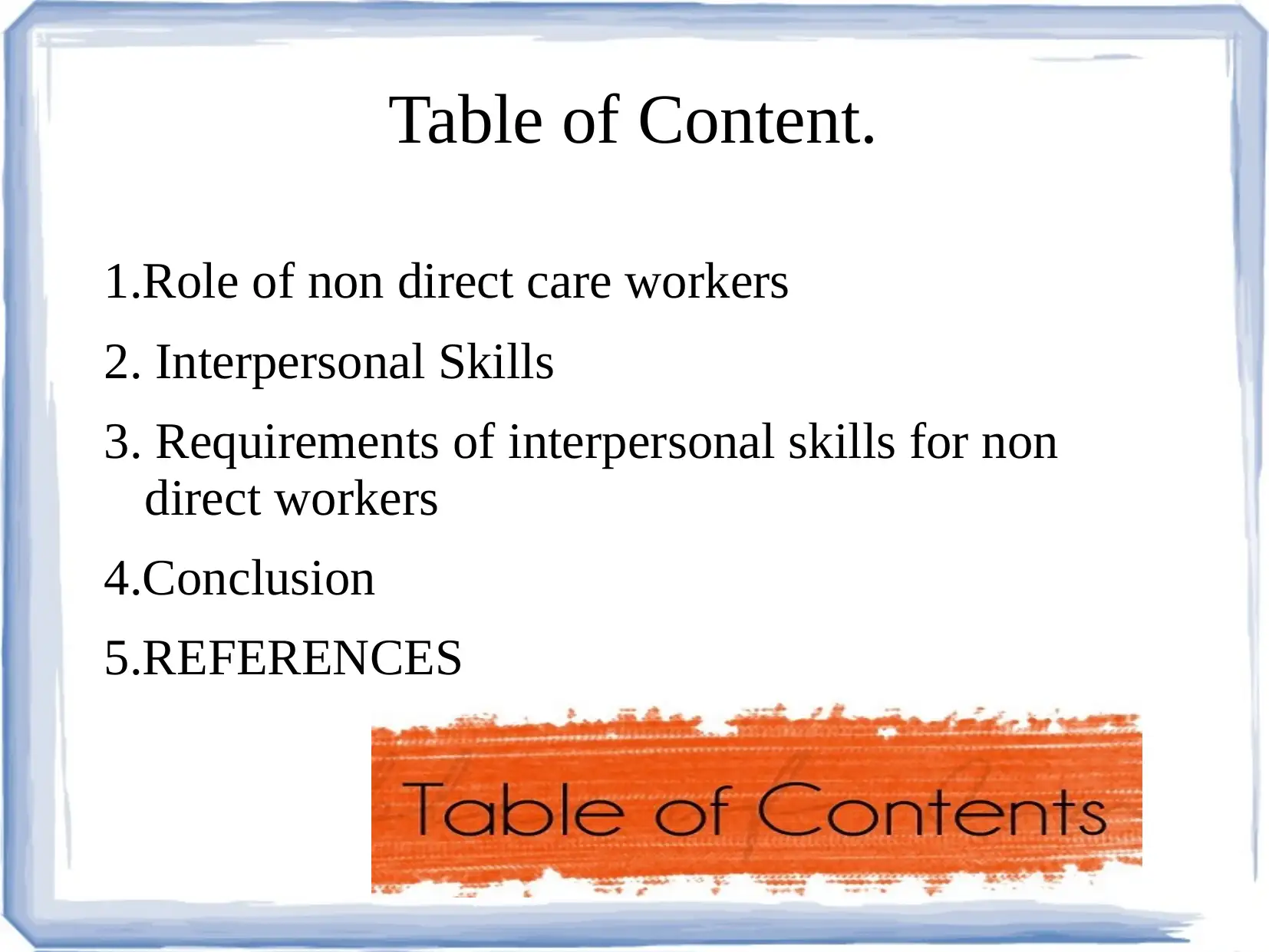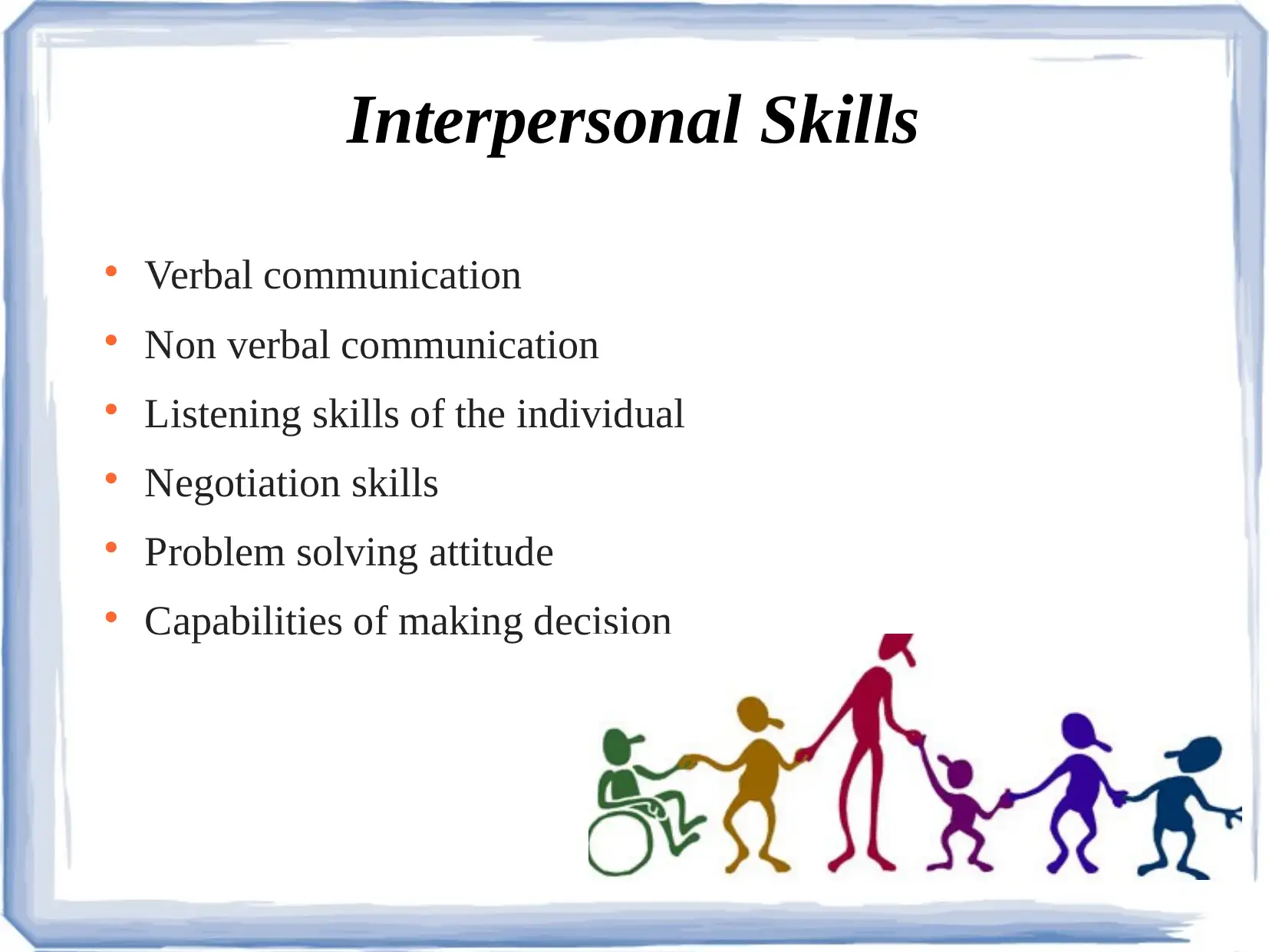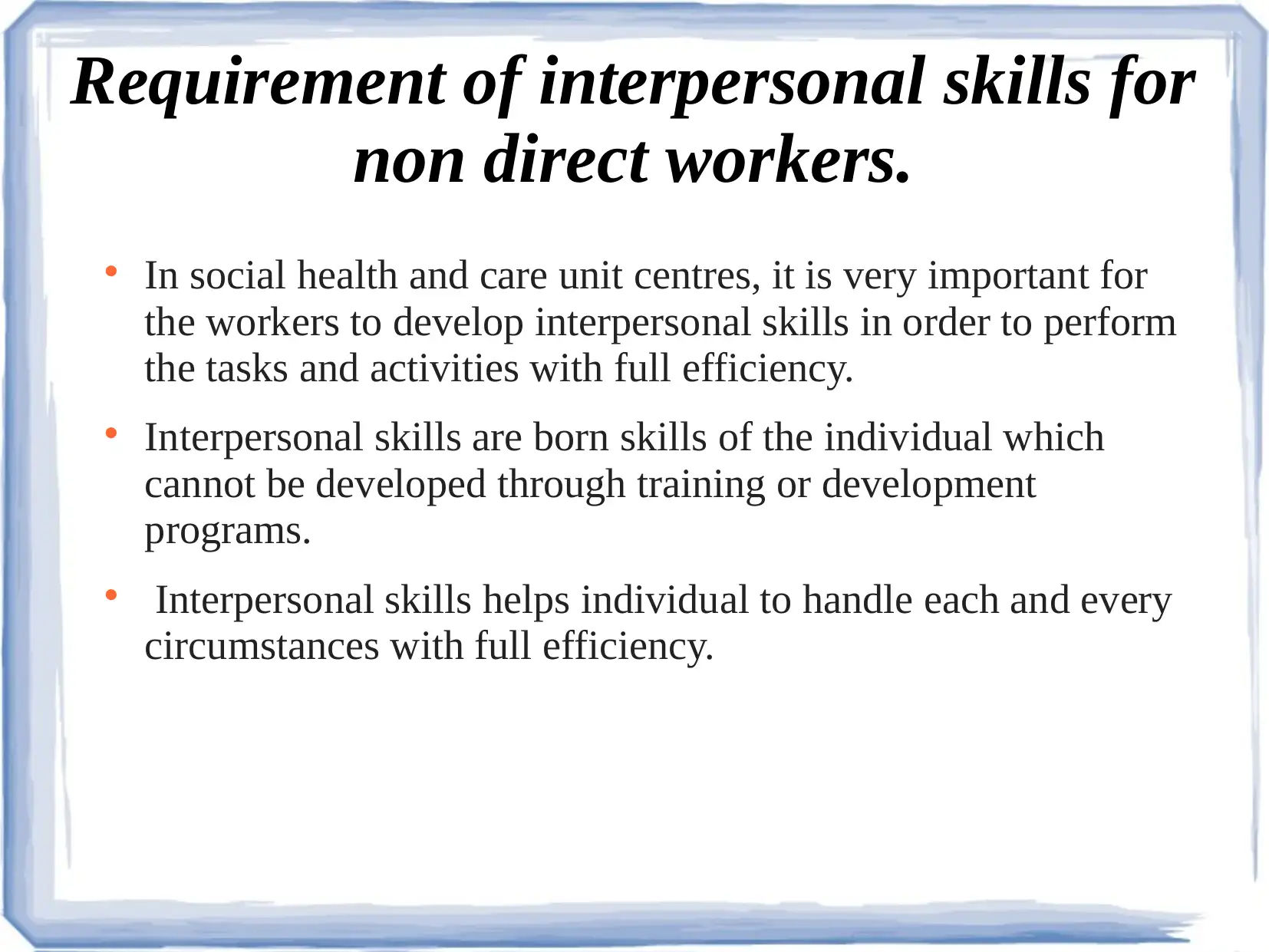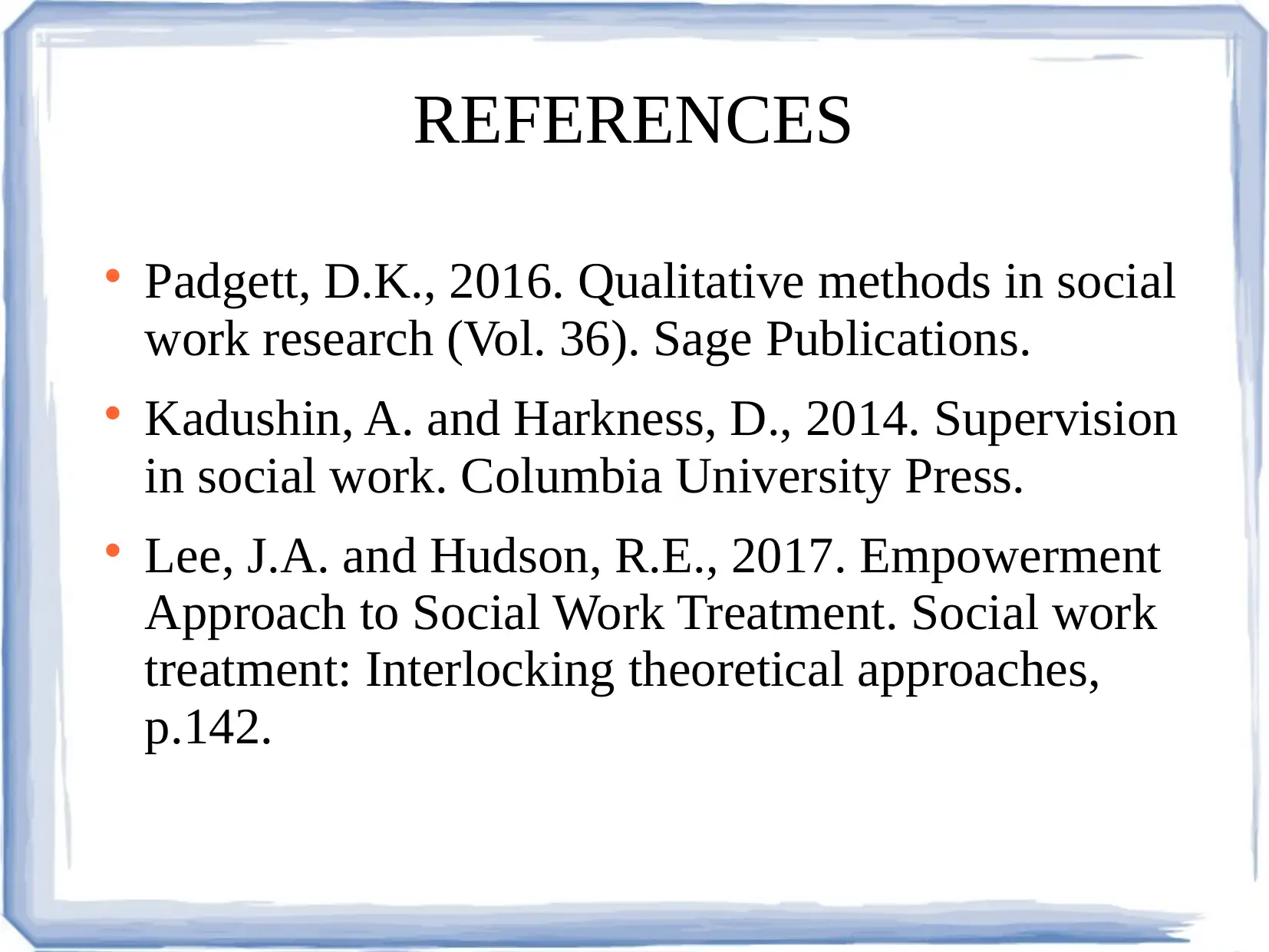Analyzing Support Work & Interpersonal Skills in Social Care
VerifiedAdded on 2023/03/22
|9
|357
|94
Essay
AI Summary
This essay explores the role of non-direct care workers in social care settings, emphasizing their contributions to the overall functioning of healthcare units. These workers, including pharmacists, receptionists, and maintenance staff, provide essential support without directly engaging in patient care. The essay highlights the importance of interpersonal skills such as verbal and non-verbal communication, listening, negotiation, and problem-solving for these workers to effectively perform their duties and contribute to a supportive environment for patients. It concludes that all workers in a social care unit, regardless of their direct involvement in patient care, are crucial for the organization's growth and development. The essay references qualitative methods in social work research, supervision in social work, and empowerment approaches to social work treatment.
1 out of 9
















![[object Object]](/_next/static/media/star-bottom.7253800d.svg)